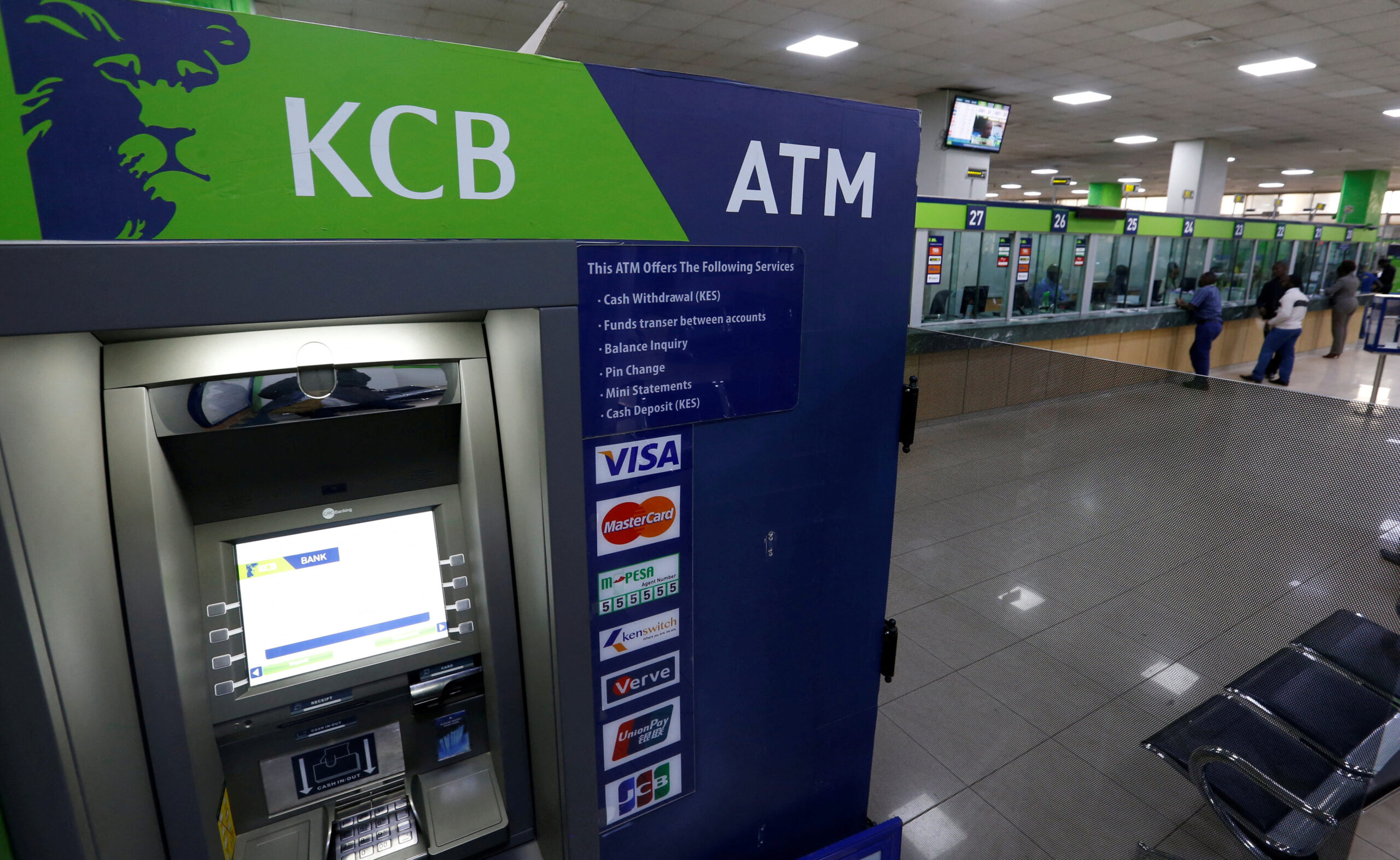The monthly cost for Kenyan banks to operate a single ATM is more than $900, and this expense rises for top commercial banks with hundreds of ATMs dispersed around the nation.
Customers who wish to avoid standing in line for extended periods of time in banking halls have traditionally turned to automated teller machines (ATMs).
But that is no longer the case, given the expansion of digital banking choices like agent banking and smartphone apps. For the fifth year running, this has enabled conventional banks to lower their ATM investments.
Read also: Risevest acquires fintech company Hisa to enter Kenya
Data from the Central Bank of Kenya (CBK) shows that between January and December 2023, banks closed 77 ATMs, bringing the total number to 2,282. Compared to the peak of 2,573 ATMs in 2019, this is the lowest number of ATMs reported in the nation in five years.
Digital Banking on the Rise in Kenya
The rise in popularity of online banking channels is the cause of the change. Digital channels have been embraced by all local banks, beginning with Equity Bank, which is the largest bank in Kenya based on market capitalisation.
Digital banking has grown in Kenya between 2020 and 2024. The value of digital payments in the country rose from $2.63 billion in 2019 to $7.15 billion in 2023 and is projected to reach $8.58 billion in 2024.
Digital banking could also reach a net interest income of $255 million by the end of 2024.
By March 2024, mobile banking had risen from 52% in 2020 to nearly 68%, making it the most popular channel.
A slower growth rate was also seen in Internet banking, which reached about 23% in March 2024 due to rising Internet availability and device ownership.
Read also: Mercury Bank now restricts accounts for Nigerians
Kenya’s Cashless Transition, Trends and Statistics
Every ATM in Kenya costs at least KES 117,000 ($906) a month, and institutions with 380 ATMs around the country, like Kenya Commercial Bank, may have to pay over KES 44.4 million ($344,000) for upkeep.
Kenya’s mobile money transfers reached KES 788 billion ($6.1 billion) in December 2023, showing that people want to pay for things without cash.
Mobile money has grown to 38.7 million consumers, resulting in a 75% penetration rate. The volume of money transferred through these platforms showed a significant increase from KES 7.8 trillion ($60 billion) in the year ending in June 2023.
Despite the CBK’s decision to reinstate transaction prices in early 2023, the COVID-19 epidemic further accelerated the adoption of mobile payments. Despite this, a significant number of users continued to utilise the channel.


